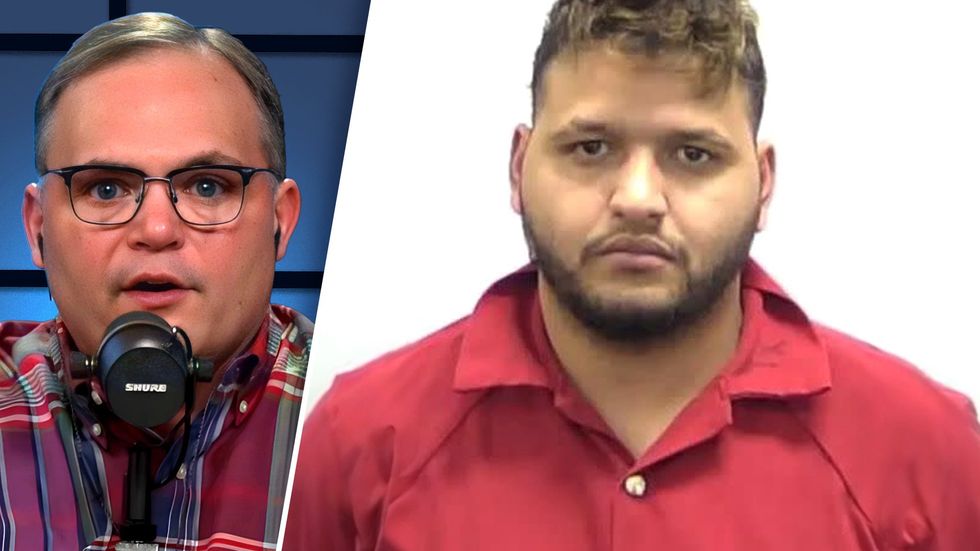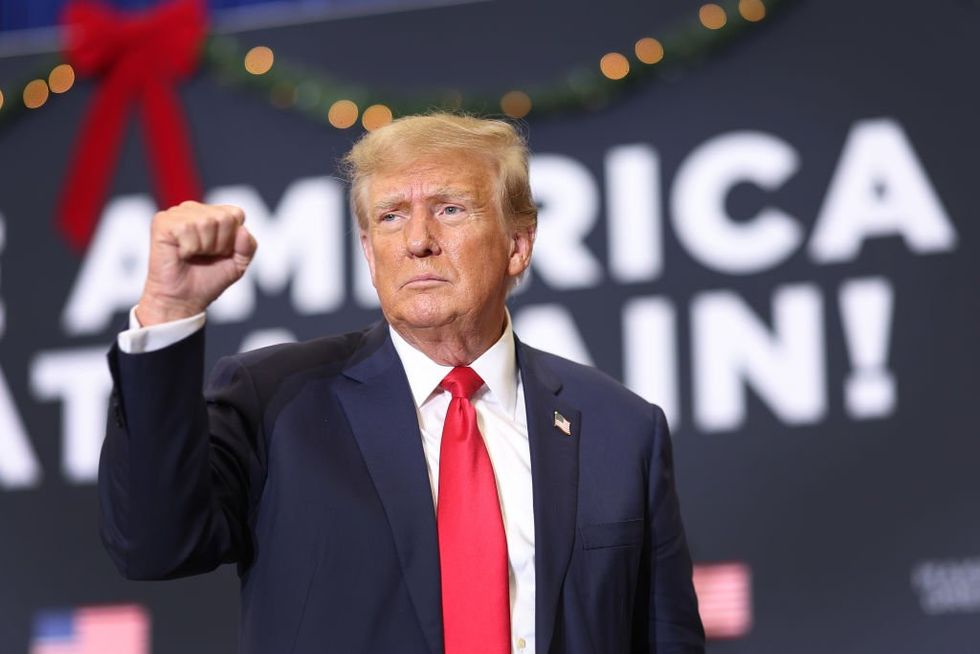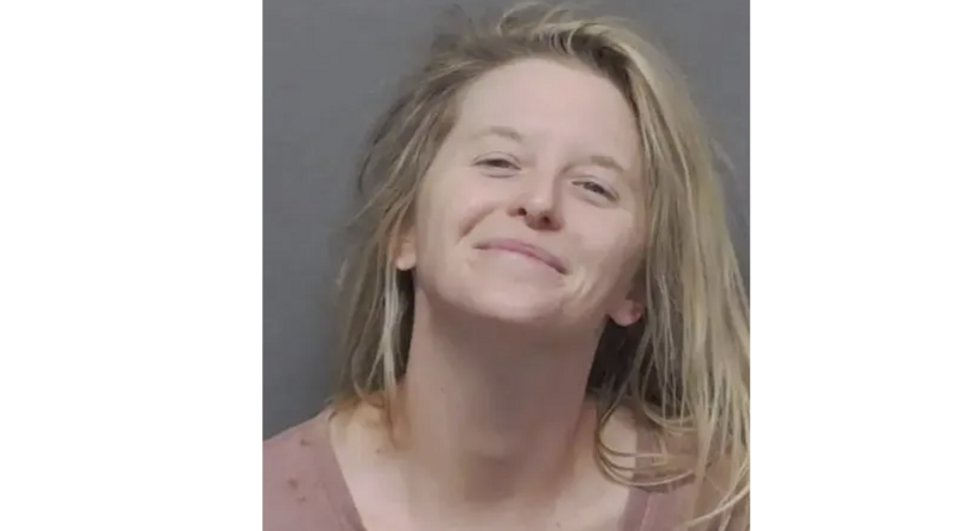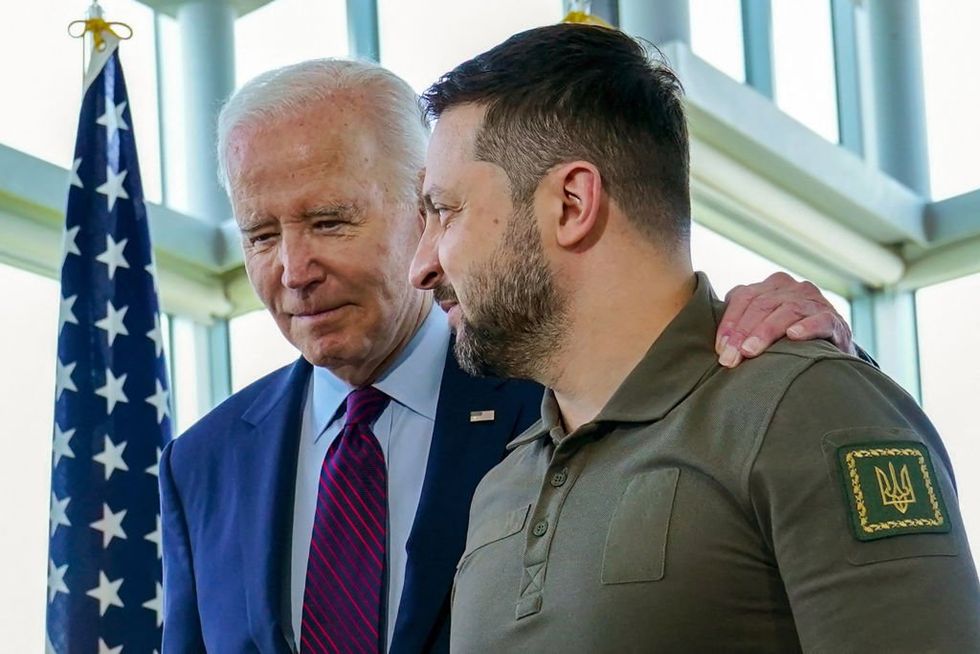Columbia’s President Abandons Ship. Students Like Me Brace For Election Protests.
On August 14, Columbia President Minouche Shafik resigned after occupying the top seat for just over a year. Good riddance. Under her watch, protesters occupied Hamilton Hall and burned a student’s Israeli flag before assaulting him with rocks. Now, Columbia is restricting campus access for demonstrations and considering arrest authorization for its campus police. It’s ...
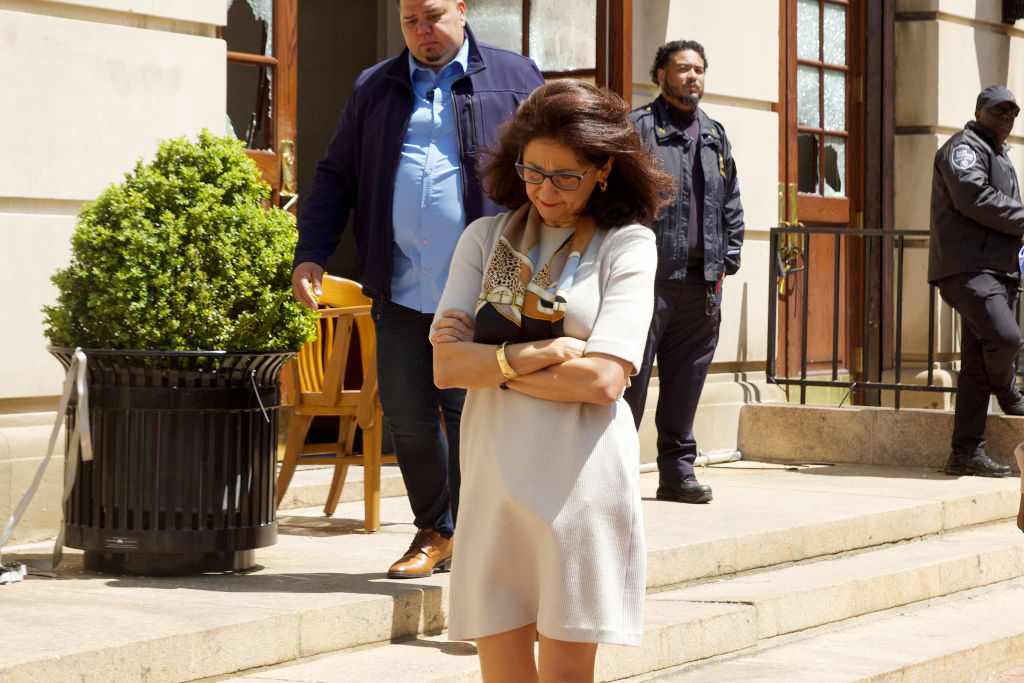
On August 14, Columbia President Minouche Shafik resigned after occupying the top seat for just over a year.
Good riddance. Under her watch, protesters occupied Hamilton Hall and burned a student’s Israeli flag before assaulting him with rocks. Now, Columbia is restricting campus access for demonstrations and considering arrest authorization for its campus police.
It’s not just Columbia either. After spending millions of dollars on property damages rather than limit students’ supposed “speech rights” during Israel-Hamas protests last semester, universities are now walking back their protest policies. This month it was revealed that Harvard banned encampments and chalking, and tax-payer-funded Indiana University is doing the same.
It’s not just Jewish students who are apprehensive about this fall.
We’re excited to vote in our first presidential election, but we’re fed up with fringe students who physically threaten us to enforce a campus culture of intimidation.
Eli Noam, a Columbia Garrett Professor of Public Policy and Business Responsibility, was a student at Harvard during student protests in the 1960s. He says that the protests today are about bullying, not change.
“In the ‘60s, we protested and challenged the university administration. Today’s students are looking for the administration to protect them from all kinds of evil things like harassment, discrimination, bullying, and so on.”
60% of students at least somewhat agree that the climate at their school prohibits them from expressing their opinions because others might find it offensive, according to a recent Knight Foundation-Ipsos poll. Only 43% of students feel that freedom of speech is “very secure or secure today” — a 30% drop since 2016.
Our campus climate used to require a self-censorship tax we paid to eat lunch with friends, get invited to parties, and share notes. Now, for simply being Jewish, students are paying with their physical safety, like the UCLA student who was blocked from attending class by a Jewish Exclusion Zone, or the Yale student who was stabbed in the eye, or the student at my school who was assaulted in front of his Jewish fraternity, Zeta Beta Tau.
All of us — despite our race, religion or creed — are taking notice.
“I always thought that there had been a risk of harassment,” Noelle Delumpa, a junior at Xavier University, said. “I never really worried about physical violence, but I have started to worry with the uprising of the pro-Palestine protests, seeing how they are burning these flags and pushing people out of encampments if they don’t ‘belong.’”
Anthony Rispo, a student at Columbia, agrees. “I don’t really feel that way for myself, per se, but when you start to add things up, it doesn’t look good.”
“Look, Hamilton Hall was vandalized, pure and simple,” he continued. “The students that did it got off free.”
Our worries are warranted. These unruly demonstrators plan to return with the same vigor as before. In response to the new policies at Columbia, protesters vandalized Columbia’s Chief Operating Officer’s home and propped up a sign on campus that read “We’re Back Bitches.” Harvard’s Out of Occupied Palestine group wrote, “Not reading that, Free Palestine” on Instagram.
Tickets for “Am I Racist?” are on sale NOW! Buy here for a theater near you.
As we get closer to November 5, all issues are fair game in our national conversation — except on campus. And as much as administrators claim they protect free speech, we know our schools don’t have our backs.
Just ask Macy Gunnell, a junior at St. Mary’s College, who advocated for the reversal of a policy that would have admitted transgender women to her all-women’s college. When she rallied alumni, family and friends to boycott the school in protest of the policy, she didn’t get the same leniency universities afforded pro-Hamas protesters.
“I was threatened with my life,” Gunnell said. “I locked my door and had my phone by hand, ready to call the police if necessary. People were spreading my room number online, which definitely did not help either.” Instead of defending Macy’s speech rights, Administrators idly watched as students threatened her safety.
The recent federal injunction against the University of California, Los Angeles and Trump’s promise to crack down on college anti-Semitism are signs of hope. But sadly I predict this fall will be no different.
“Ultimately, they [the protesters] are prepared to break the rules, whatever the rules are, as part of a process to create attention, noise, and victimhood,” Prof. Noam said. “Now, the university administration believes that if they’re flexible and show that they’re nice guys, somehow everyone will be friends. I’m just not sure if that’s the reality.”
Protesters emboldened by the fecklessness of administrators will dominate the discourse and dox anyone who dares dissent. The Israel-Palestine conflict, immigration, and abortion are all hot-button issues this year. As the election season evolves, we all are nervously suppressing our beliefs because we know we’re next.
* * *
Daniel Idfresne is a junior at Syracuse University. He’s a Campus Reform Correspondent, a Young Voices Contributor and interned for “The Story with Martha Maccallum.” He has written for the New York Post, Newsweek, and The Free Press. He has appeared on “Fox and Friends,” “America Reports,” and “The Ingraham Angle” on Fox News.
The views expressed in this piece are those of the author and do not necessarily represent those of The Daily Wire.
Originally Published at Daily Wire, World Net Daily, or The Blaze
What's Your Reaction?

















